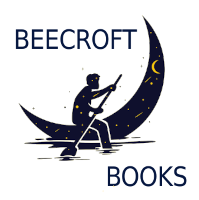No wonder ebooks aren’t selling
I decided that I would like to try the first book of the Dresden files, but I have no more shelf space, and I have my new ereader, so I thought I would get it in ebook format. Bloody hell! They really do do everything in their power to stop you from reading your ebooks…
